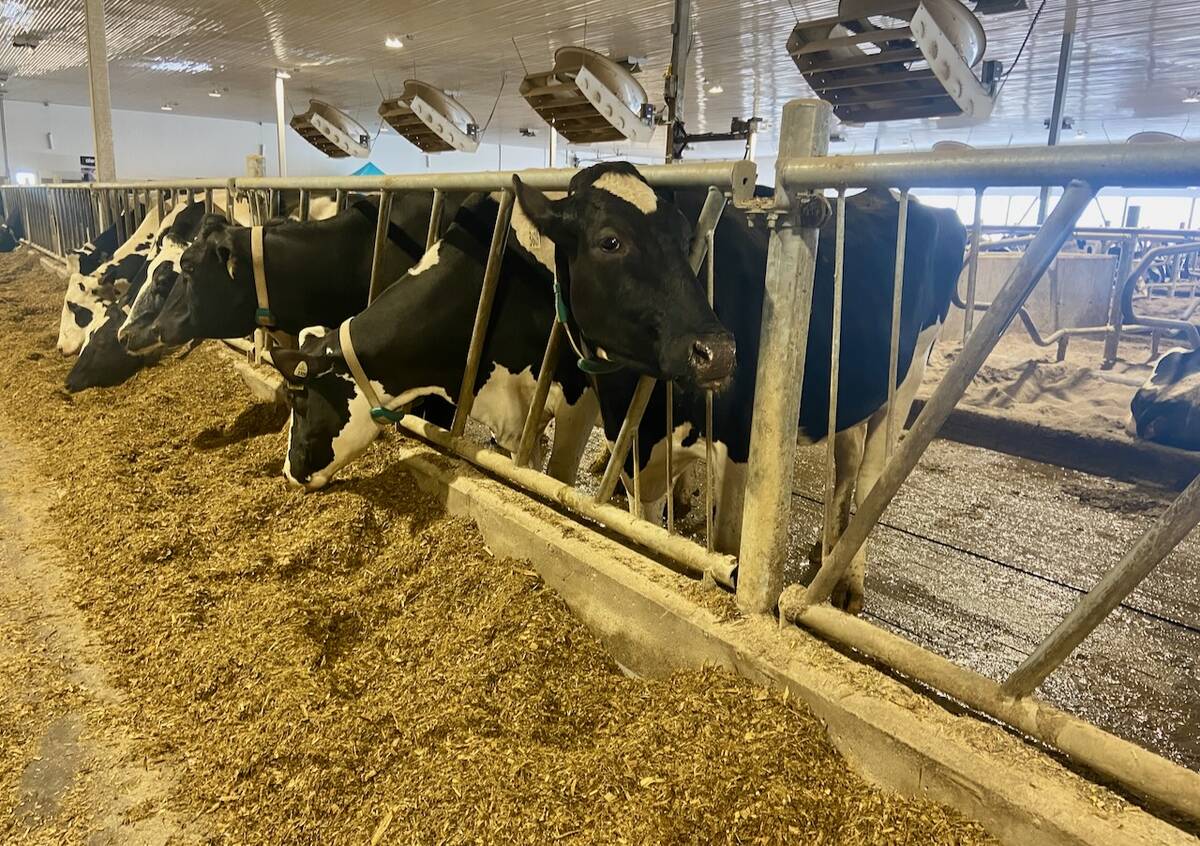The Saskatchewan SPCA is investigating a custom grazing operation northwest of Loon Lake, Sask., after cattle were found without adequate water and food.
Frances Wach, the association’s executive director, said 1,700 animals from farms in Saskatchewan and Alberta were being custom managed on a 20,000 acre pasture.
The SPCA was contacted Oct. 29 by ranchers who found their cattle dead, thin or in poor condition. Animal protection officers found little grass and water available and have since taken steps to ensure animals receive adequate care.
“Our primary goal is to relieve the distress of animals,” she said.
Read Also

U.S. farm group supports supply management
U.S. grassroots farm advocacy group pushing new agriculture legislation that would move towards supply management like Canada has for dairy industry
Wach said other ranchers who were paying a private operator to manage their herds have been contacted and are now collecting their animals. The roundup is slowed by the amount of bush and rough terrain in the remote area.
Wach said the investigation will include necropsies to determine the cause of death, she said. No charges are pending.
The total number of such complaints is similar to other years so the SPCA has not needed to change its surveillance and monitoring of cattle, she said.
Wally Vanin, forage development specialist with Saskatchewan Agriculture, advised producers to check the references of custom operators and view the pastures before and during the season.
Written agreements should include a payment schedule, details of feeding and necessary dietary supplements and a death rate deemed acceptable in a grazing herd.
Saskatchewan Agriculture will help producers determine the carrying capacity and stocking rates of pastures, he said.
Vanin said producers are faced with extra mouths to feed in their aging herds due to the BSE outbreak and limited cash flow.














